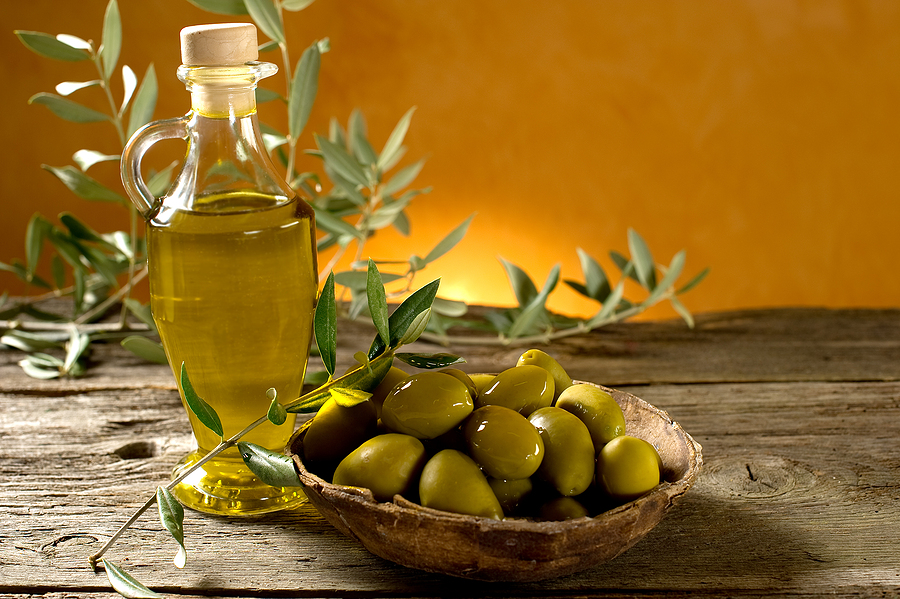It’s pitched as the centrepiece of the famed Mediterranean diet, but is it the wonder oil it’s made out to be?
Anyone who uses it will have noticed that the price has soared. Which is was why it was interesting to hear a prominent UK dietary researcher and author question whether we’ve been led up the garden path about it a teeny, tiny bit.
Zoe Harcombe is whip-smart at dissecting dietary research, most of which, sadly, isn’t very robust.
In a recent podcast she tackled the various claims for olive oil: that it’s the classic ‘good’ fat, rich in antioxidants, a key ingredient in diets from the Mediterranean where folk live to a healthy old age, and associated with less heart disease, stroke, and so on.
First, she notes, olive oil is a processed food: it’s processed olives. She argues that we’re better off eating olives than olive oil because there are way more nutrients in olives, just as we’re better off eating an orange than orange juice.
Fair enough, though we can’t use olives to cook in.
She adds that it’s often held up as a ‘good’ fat, in contrast to ‘bad’ saturated fats. Olive oil is roughly 70% monounsaturated, 15% saturated, and the rest is polyunsaturated fat.
But saturated fat is the most stable fat, meaning that it won’t mutate at high temperatures. The saturated fat in olive oil makes it good for stir frying.
Taste-wise it’s probably more versatile than saturated fats such as butter or coconut oil, and if you’re trying to manage your cholesterol numbers you’ll want to moderate these. But there’s no doubt the ‘goodness’ of olive oil has been overblown.
As for being rich in antioxidants, Zoe Harcombe points out that berries and coffee contain far more and have a zillion fewer calories. True, but we can’t cook in berries and coffee, just as we can’t cook in olives.
In response to the argument that the folk of the Mediterranean live to a ripe old age because of their diets, and olive oil is a key part of that, she counters that they’re healthy because of their lifestyle. It’s slow. There’s sun and sea. People stand by the side of the road, drink espresso and play backgammon. She says we’re kidding ourselves that olive oil is the key.
Which is also a good point. It’s impossible to separate what people eat from the rest of their lives.
She dismisses the claim that olive oil is associated with less risk of heart disease, stroke, and so on. The trouble with this kind of research is that ‘is associated with’ becomes thought of as ‘causes’. We fall into thinking that olive oil consumption brings about less heart disease or stroke, when what the research shows is that the people who use olive oil in their diets also have less heart disease.
People who are more affluent and educated tend to have less heart disease than people who are poor and less educated. And the more affluent can afford olive oil.
So it’s likely that healthy (affluent) people use olive oil, not that using olive oil makes them healthy.
Of course, in Mediterranean countries it’s used because it’s traditional and more affordable.
Finally, she observes, there’s a lot of shonky olive oil around. If the price is low it often contains canola oil. A lot of so-called Italian and Spanish olive oils have been shown to be cheaper oils passed off as olive oil. Look for extra virgin olive oil, which is unrefined.
So it’s probably not a so-called superfood, but it still deserves a place in our diets, as long as we can afford the real thing. It’s good for dishes such as salads and stir fries.
It just happens to also have been cleverly marketed.
Photo Source: Bigstock

